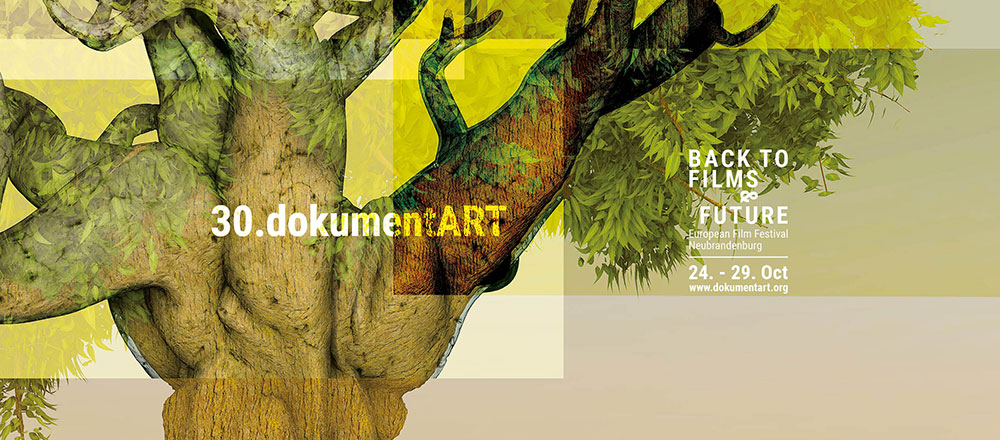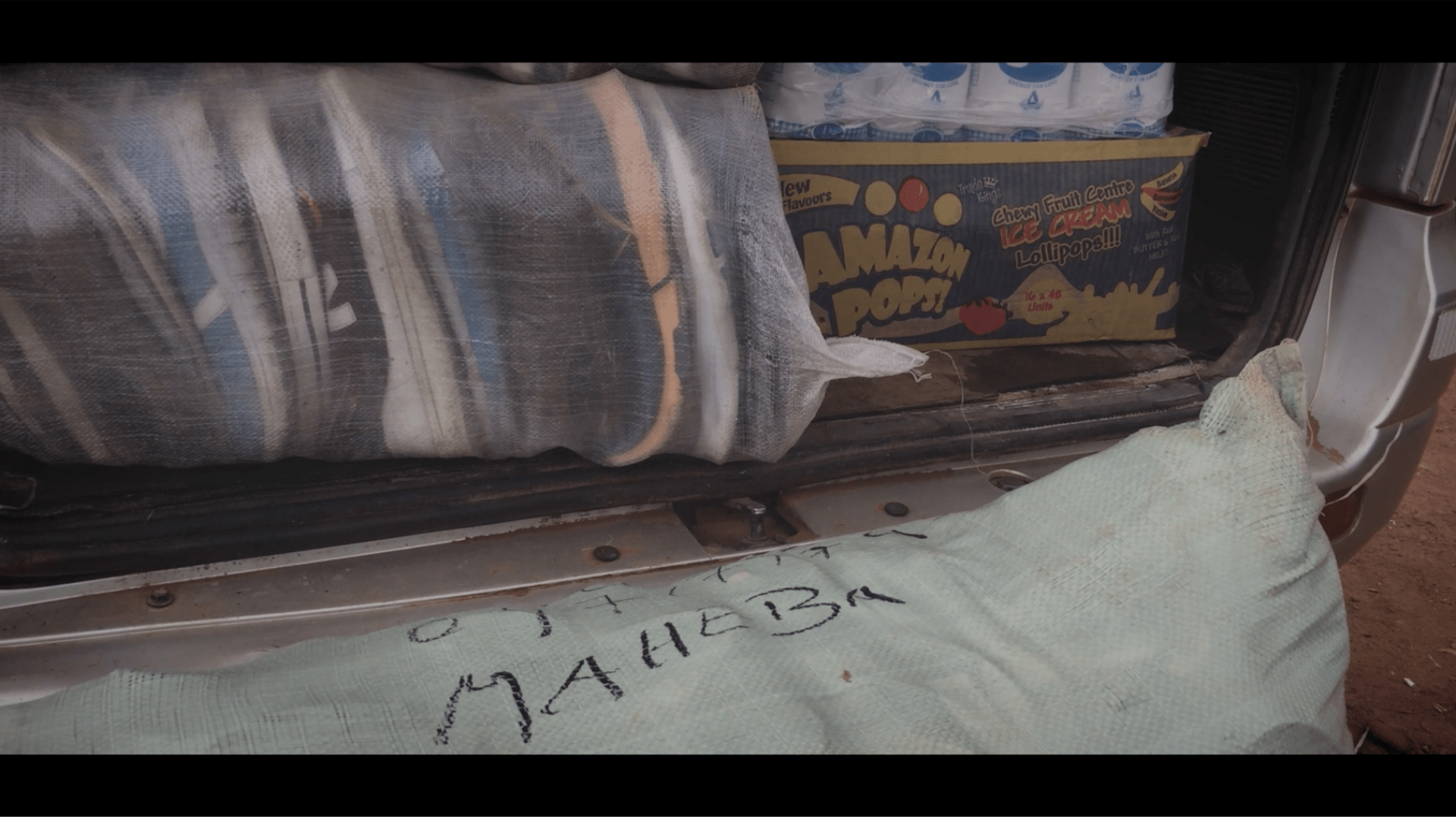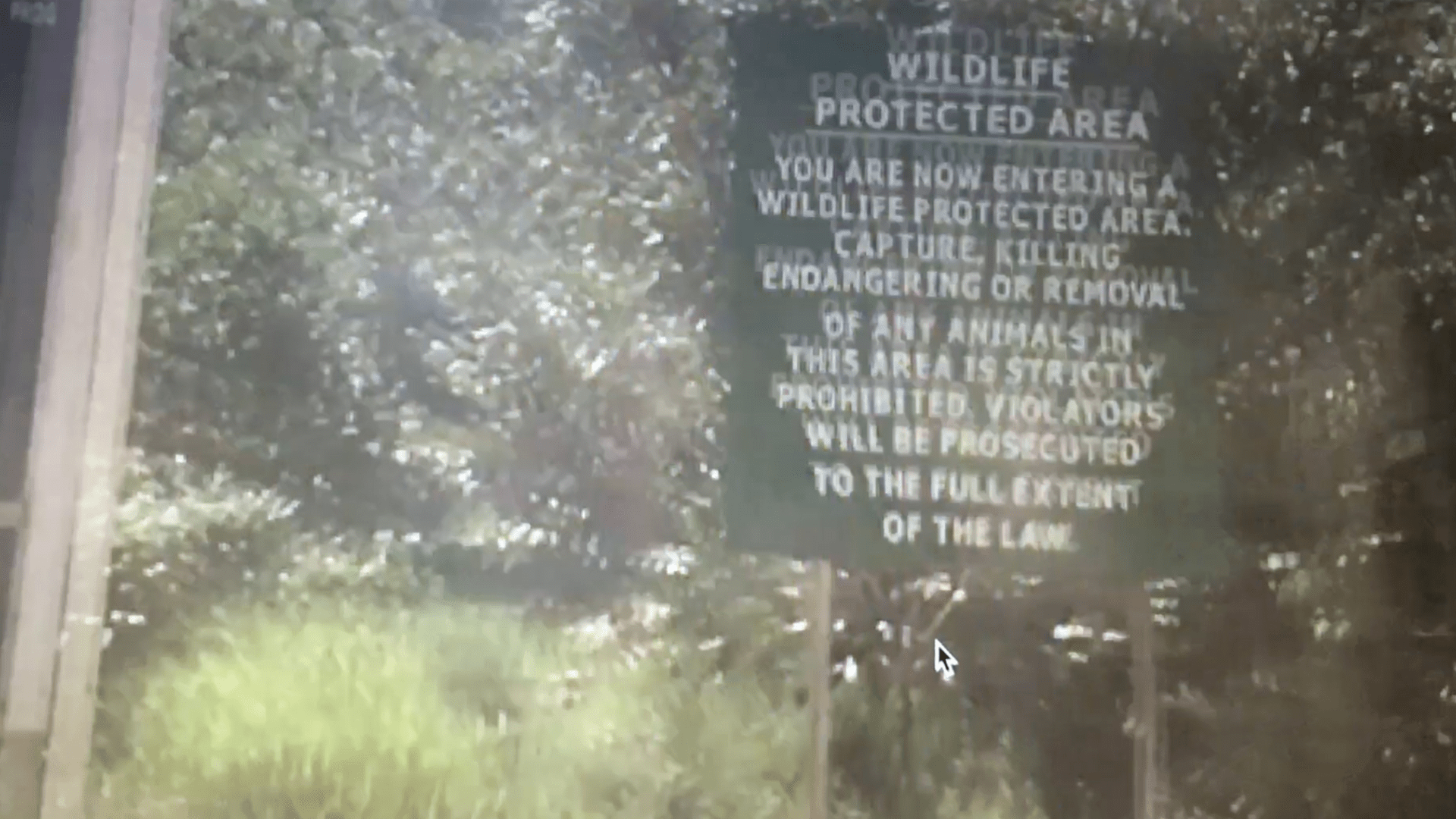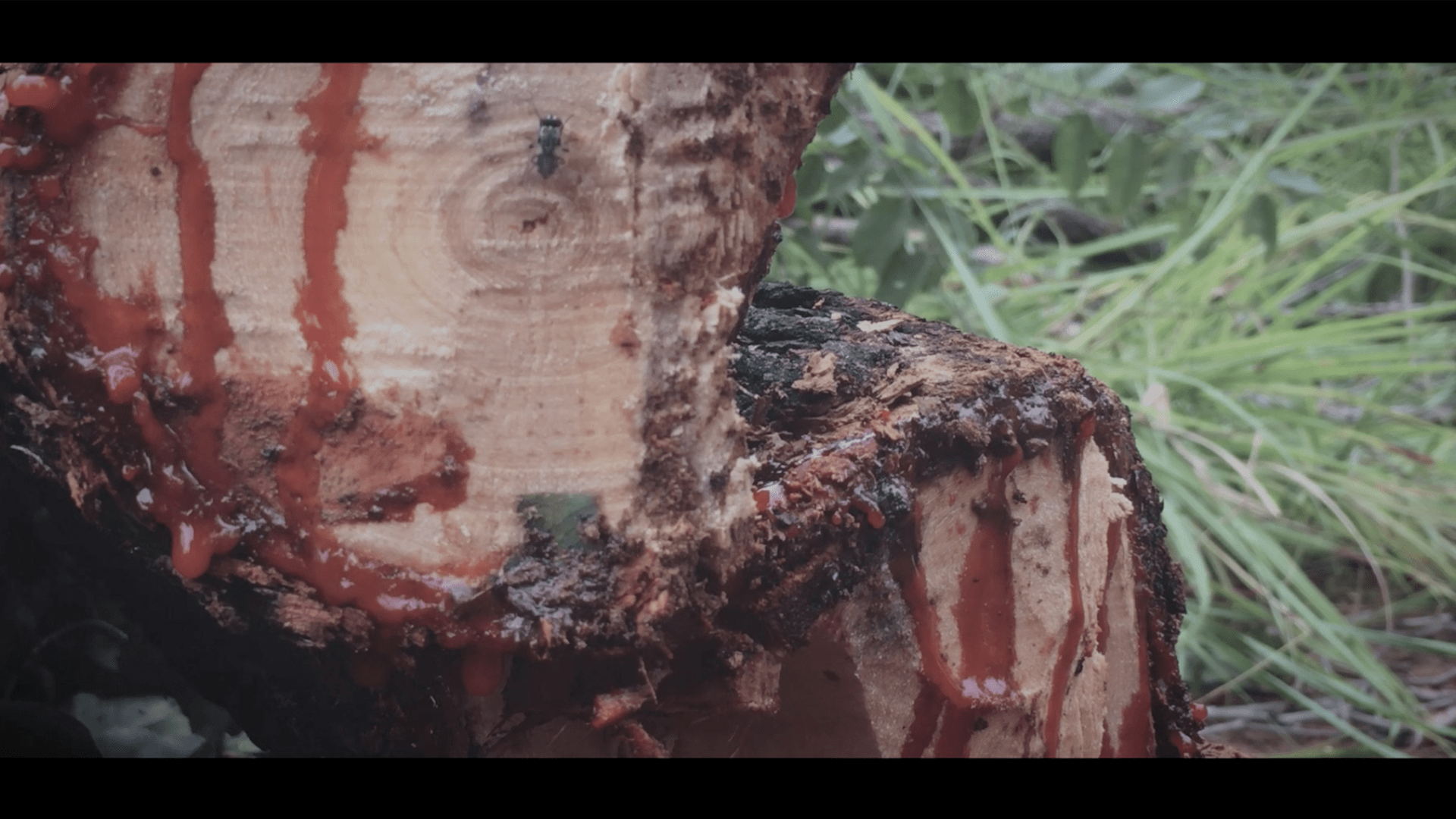
Portugal/Zambia, 2020, 17 Minutes
What are typical images of flight and migration and how do they come about? What could a film – this one about the Meheba Refugee Settlement in Zambia – do to subvert the usual clichés? Director Pedro F. Neto visited the camp on several occasions in an effort to find answers to these questions. In his film essay, Neto shows how the refugees lack a voice and are invisible, and looks at the plight of the various ethnic groups that are forced to call this settlement home – one that sits next to a mine. The film also considers what may become of places of refuge such as this as they wither in the face of environmental changes.
Welche Bilder von Flucht und Migration werden in der Regel generiert und wie entstehen sie? Was könnte noch ein Film, diesmal über das Refugee Camp Meheba in Sambia, an gängigen Klischees ändern? Diese Fragen stellt sich der Regisseur Pedro F. Neto, der das Camp mehrfach besucht hat. In seinem Film-Essay problematisiert er die Unsichtbarkeit und Sprachlosigkeit der Geflüchteten und die Notlage der verschiedenen Bevölkerungsgruppen, die in dieser Siedlung in der Nähe eines Bergbaus leben müssen; und was aus Zufluchtsorten wird, die aufgrund von Umweltveränderungen zu verkümmern beginnen.



Pedro Figueiredo Neto (*1984) is a filmmaker, anthropologist and researcher at the Social Sciences Institute of the University of Lisbon (ICS-ULisboa).
Pedro Figueiredo Neto (*1984) ist Filmemacher, Anthropologe und Forscher am Institut für Sozialwissenschaften der Universität Lissabon (ICS-ULisboa).

Written, directed, edited & narrated by
Pedro Figueiredo Neto
Sound design by
Mattia Bonfini
Extra voice over by
Ilaria Bozzini
Cast
All those living in and around the Meheba Refugee Camp, Zambia institutional support Instituto de Ciências Sociais, Universidade de Lisboa